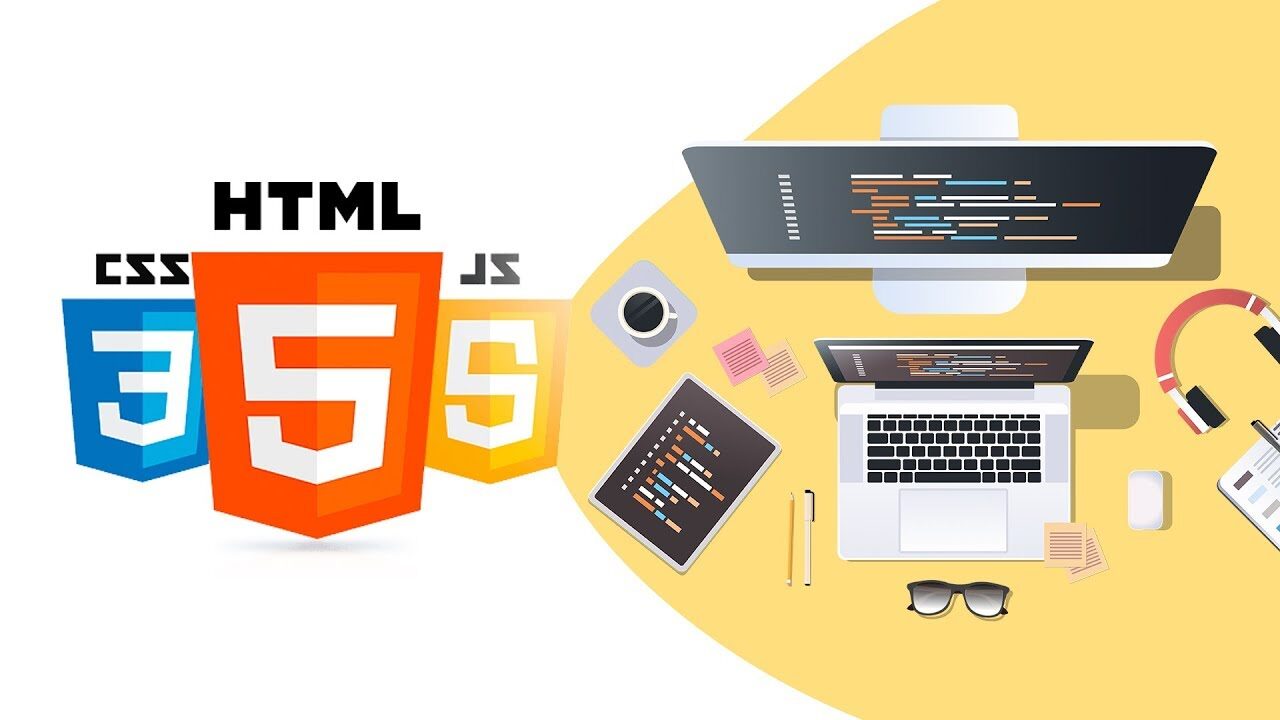In the competitive world of technology, having a solid foundation in programming is crucial. However, to stand out in the job market and advance your career, programming certification can be a game-changer. Whether you’re looking to break into the industry or elevate your current skills, earning a certification can significantly impact your professional journey. Here’s why getting certified in programming can fast-track your career and how you can leverage it for success.

The Value of Programming Certification
Programming certification offers several benefits that can accelerate your career growth:
- Validation of Skills: Certifications validate your expertise in specific programming languages and technologies. For instance, certifications in Python programming or JavaScript programming demonstrate your proficiency and commitment to mastering these skills. This validation is often recognized by employers and can make your resume stand out.
- Career Advancement: Many employers seek candidates with formal certifications as a benchmark for assessing skills and knowledge. Having a programming certification can open doors to higher-paying positions, specialized roles, and increased responsibilities. It signals to employers that you have the expertise to tackle complex projects and contribute effectively to their teams.
- Enhanced Credibility: Earning a certification enhances your credibility in the tech industry. It shows that you have met industry standards and are up-to-date with current best practices. This credibility can build trust with potential employers and clients, leading to more career opportunities and professional growth.
- Structured Learning Path: Pursuing a certification often involves a structured learning path that covers essential topics in depth. Programming courses designed for certification typically provide comprehensive training in programming languages, advanced programming concepts, and practical skills. This structured approach ensures that you acquire a well-rounded skill set.
How Certification Can Complement Your Learning
- Build on Existing Knowledge: If you’re already familiar with basic programming concepts through coding tutorials or online coding courses, a certification can help you build on that foundation. For programming for beginners, certifications can provide a clear roadmap to advance from fundamental knowledge to advanced expertise.
- Specialize in a Field: Certifications often focus on specific areas of programming, such as web development, data science, or cloud computing. If you’re interested in specializing in a particular field, such as Python programming for data analysis or JavaScript programming for web development, a relevant certification can validate your skills and open specialized career paths.
- Enhance Practical Skills: Many certifications include hands-on projects and practical assessments, allowing you to apply what you’ve learned in real-world scenarios. This practical experience is invaluable for reinforcing theoretical knowledge and demonstrating your capabilities to potential employers.
Choosing the Right Certification
- Identify Your Career Goals: Determine your career goals and the skills you need to achieve them. For instance, if you aim to excel in web development, consider certifications related to popular web technologies. If you’re interested in data science, look for certifications in Python programming or data analytics.
- Research Certification Programs: Explore different certification programs and evaluate their relevance to your goals. Consider factors such as the reputation of the certifying organization, the comprehensiveness of the training, and the recognition of the certification in the industry.
- Consider Online Options: Many certification programs are available through online coding platforms, making it convenient to study at your own pace. Online courses often provide access to a range of programming resources, including practice exercises, interactive tutorials, and forums for peer support.
- Evaluate Prerequisites: Some certifications may require prior knowledge or experience. Assess the prerequisites of the certification program to ensure you meet the requirements or consider taking preparatory programming courses if needed.
Leveraging Certification for Career Growth
- Update Your Resume and LinkedIn Profile: Highlight your programming certification on your resume and LinkedIn profile to showcase your qualifications to potential employers. Include details about the certification, the skills acquired, and any notable projects or achievements.
- Network and Seek Opportunities: Use your certification to network with industry professionals and explore job opportunities. Many tech communities and professional groups value certifications and offer networking events, job boards, and mentorship opportunities.
- Continue Learning: While certification can significantly enhance your career prospects, it’s important to continue learning and staying updated with industry trends. Explore additional programming resources and pursue advanced certifications or specializations to further your expertise.

Programming certification can be a powerful tool for accelerating your career in technology. By validating your skills, enhancing your credibility, and providing a structured learning path, certifications can open doors to new opportunities and career advancement. Whether you’re a beginner looking to get started or an experienced professional aiming to specialize, investing in a programming certification can make a significant difference in your career trajectory.
Explore your options, choose the certification that aligns with your goals, and leverage it to achieve your professional aspirations. With the right certification, you’ll be well-equipped to navigate the dynamic world of programming and take your career to new heights.



